

As Oklahoma’s attorney general, Scott Pruitt pinned his career on fighting laws and regulations that stood in the way of agricultural, mining or energy interests. Now he’s Trump’s pick to lead the EPA.


Three-quarters of Californians oppose mass deportation measures of the kind that President Donald Trump has repeatedly called for.


Co-published by Newsweek
Last month, when then-President-elect Donald Trump named fast-food CEO Andrew Puzder to head the U.S. Department of Labor, many observers were left scratching their heads.
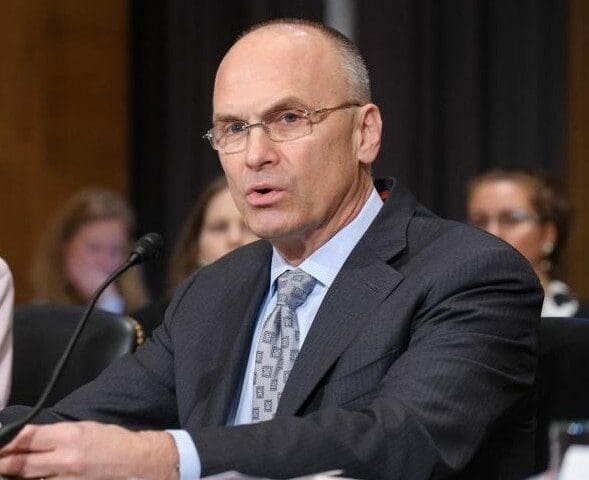

Co-published by International Business Times
Wrongful-termination lawsuits suggest the fast-food CEO’s company found women and veteran managers inconvenient.
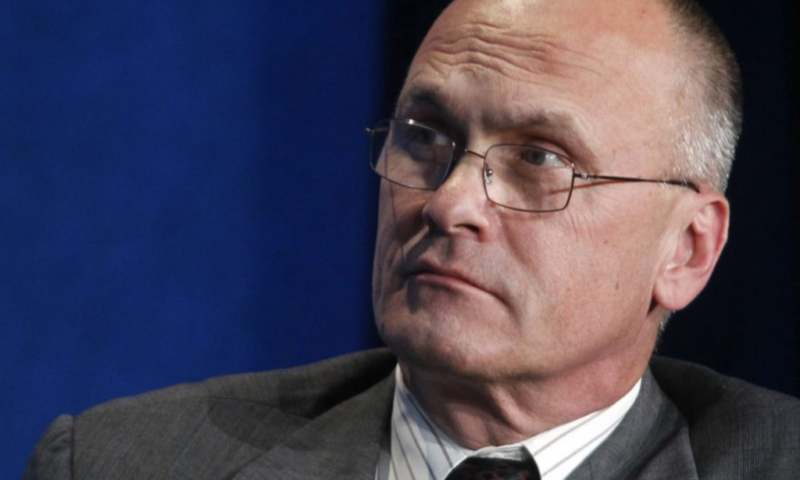

Andrew Puzder oversaw the highest rate of federal job bias claims among big burger chains.
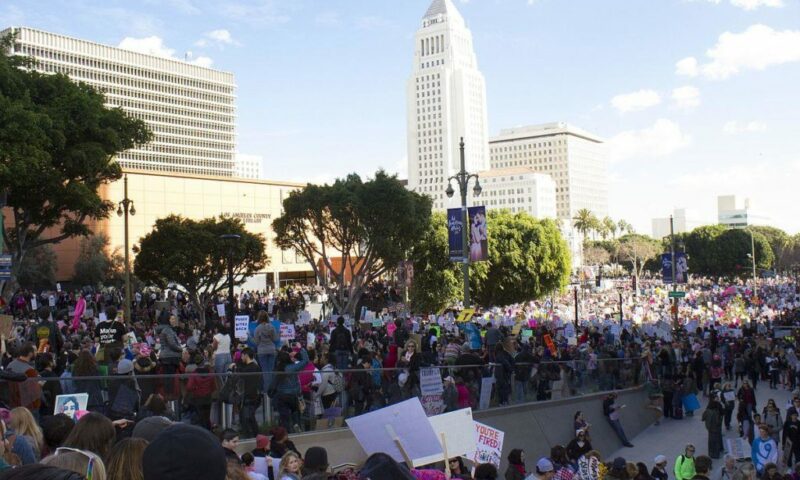

They were young and old, women and men, black, brown and white and everyone in between. All crushed together in a crowd officially estimated at 750,000 – far larger than expected but mellow, good-natured and happy to be seen.
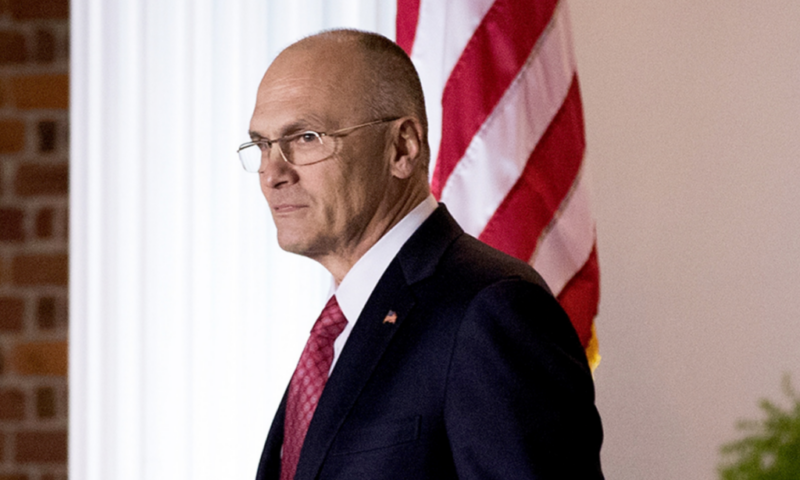

Capital & Main’s special series on Donald Trump’s polarizing pick to head the Department of Labor. Stories co-published by Newsweek, International Business Times, American Prospect and Fast Company
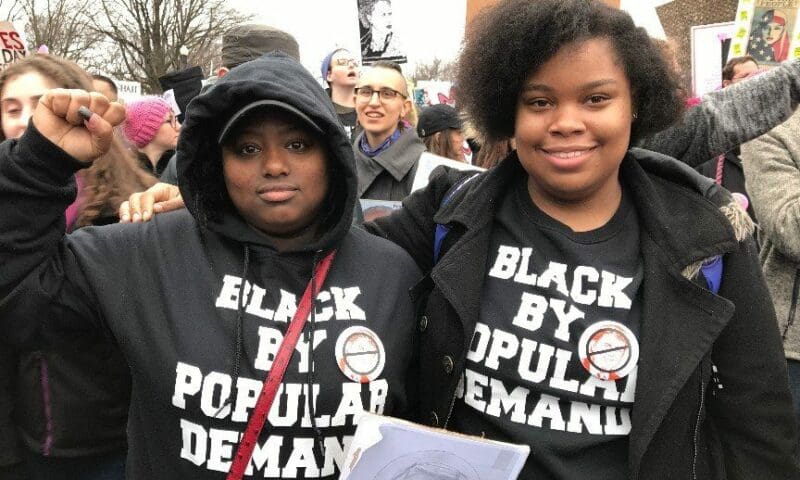

It had been so long since I’d been at a demonstration, a real demonstration – one hung on the scaffolding of sincerely determined resistance and hope — that I’d forgotten how to conduct myself.
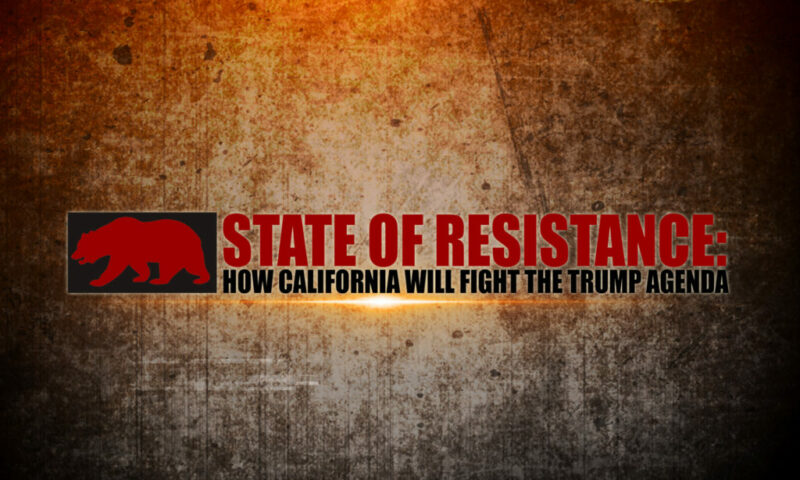

More than any other place, California is well positioned to push back against the agenda of the incoming president. In a special series, Capital & Main examines why and how the Golden State will both lead the resistance to Donald Trump and continue to advance progressive ideas and policies.
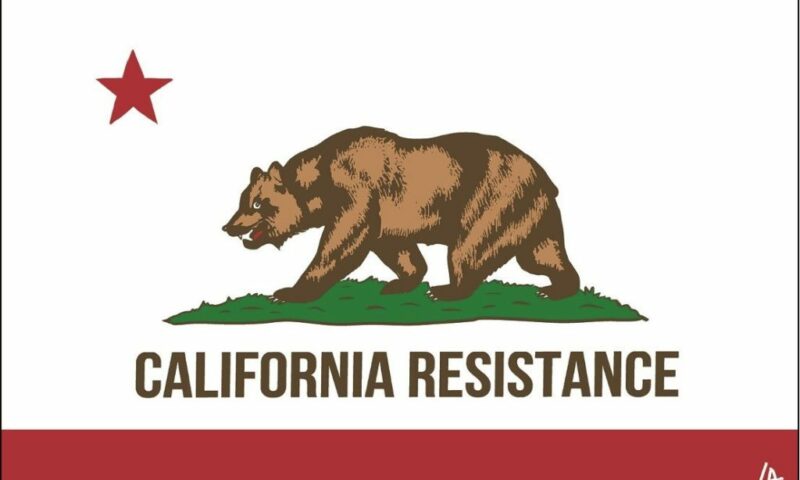
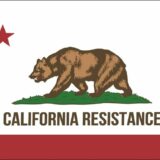
For the past two decades, California has been at the cutting edge of social and economic change in America. Now, with Donald Trump about to enter the Oval Office, the Golden State is poised to take on a new role: leader of the anti-Trump resistance.